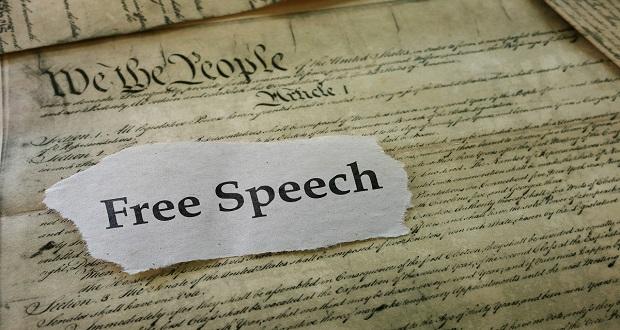If you are of the mindset that equity means equality, this post is for you. There is a gross misunderstanding regarding the difference between equity and equality. Equity is about meeting individualized needs.
“While equality means treating every student the same, equity means making sure every student has the support they need to be successful. Equity in education requires putting systems in place to ensure that every child has an equal chance for success. That requires understanding the unique challenges and barriers faced by individual students or by populations of students and providing additional supports to help them overcome those barriers. While this in itself may not ensure equal outcomes, we all should strive to ensure that every child has equal opportunity for success.” (Source: Thinking Maps)
What this means is that equity is tailored to the unique needs of the populations we serve. In the field of education, that requires getting to know staff and students in order to understand what their unique needs are.
Cookie-cutter education has never been adequate, but the time has finally come when people in power are realizing this fact. I believe that educational institutions can become transformative spaces that staff and students want to come to each day … but this requires work. The toxicity that has come to be an accepted part of business, education, and life, where we ask people to conform — rather than embracing their contributions and perspectives — needs to end. Equity inherently makes room for differences, embracing diversity and creating inclusive spaces.
Cookie-cutter education has never been adequate. Educational institutions can become transformative spaces that staff and students want to come to each day... but this requires work. Click To TweetMeeting unique needs as an educator is about sharing your culture but not expecting students who are English language learners to fully assimilate in order to achieve academic success. Individualized learning is about acknowledging that a student who never learned to read adequately needs a different reading plan than some of your more accomplished readers — and more of your attention. It also means that the student who is tired every day due to factors outside of their control needs you to provide a different plan as well. Equity is about not making comments about what parents should be doing and then making the student pay because of your judgments. It is about acknowledging that not all parents are home due to various situations, some of them have their own educational struggles, and you are there to help young people in any way that you can. I hate to hear educators say what they don’t have time for … because your students don’t have time for your stubbornness and assumptions. They need to move forward, need to grow, need to not lose any more time because of what you don’t have the time to teach them.
I understand all too well the challenges that face educators year after year. I have spent the last 11 years creating equitable classroom environments in the midst of scheduling changes, overpopulated classrooms, and limited support. So many times I have led PD on diversity, equity, and inclusion in spaces where people were so fixated on “what they did not have time for” that they were not willing to even hear the solutions that were being offered to them. I will be the first to say that creating spaces that meet the needs of all students can be a daunting task — but it is worth it. The reward comes from the joy that students have to come into educational spaces that they can take ownership of. When they want to learn because they can relate, when educational hate becomes intellectual love. These are the rewards that make it all worthwhile, and every student, staff, and employee deserves to experience environments like these on a weekly basis.
Creating spaces that meet the needs of all students can be a daunting task — but it is worth it. The reward comes from the joy that students have to come into educational spaces that they can take ownership of. Click To TweetAs leaders, as managers, as educators, we have the power to create such spaces, but it is about a mindset, a passion, and a commitment to equity, to diversity, to inclusion, to people finally finding spaces where they are welcome and their differences are celebrated. As the world turns to leaders in the field of diversity, equity, and inclusion for answers, we are given the unique opportunity to create such spaces. We have the keys to help generate the kind of change that will positively impact generations. The question is, are we up to the task? Together, let’s create a world where equity leads the way: a better world for us all.
As the world turns to leaders in the field of diversity, equity, and inclusion for answers, we are given the unique opportunity to generate the kind of change that will positively impact generations. Click To Tweet


![The Buzz: The [Black] Dolls Are in Town](https://theinclusionsolution.me/wp-content/uploads/2024/04/Young-Black-girl-with-Black-baby-doll-440x264.jpg)
















